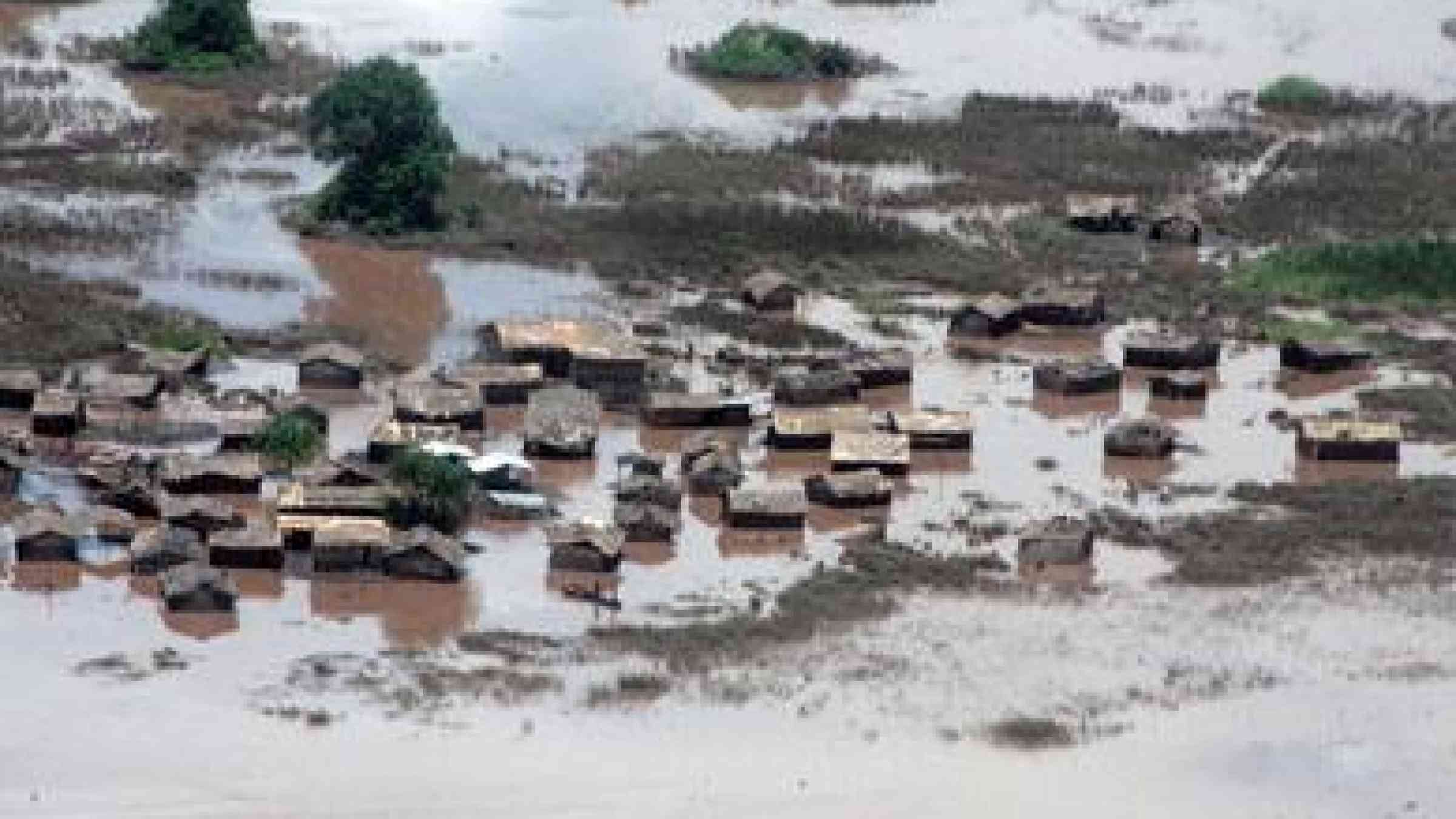Africa: Scientists sound storm warning on African climate change, man-made factors increase danger risk

Africa remains vulnerable in the face of natural hazards mainly due to man-made factors, reports AFP in the Mail and Guardian. This is according to experts at the African Ministerial Conference on Meteorology held in Praia, Cabo Verde from 10 - 14 February 2015.
According to Andre Kamga Foamouhoue, African Centre of Meteorological Applications for Development in Niger, while the continent of more than one billion people is no more exposed to extreme weather than other parts of the planet, there are man-made factors which place Africans in more danger.
Among the man-made factors highlighted are the use of low resistance building materials and people in flood-prone villages not wanting to move for fear of land grabs. The director of the Malawi Department of Climate Change and Meteorological Services says farmers, fishermen and others often do not take prevention messages seriously, building homes in riverbeds and other low-lying areas.
In the coming years, “a very important issue for Africa will be the adaptation to climate change,” Michel Jarraud, the secretary-general of the World Meteorological Organisation (WMO), warned on Saturday.